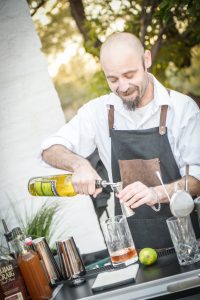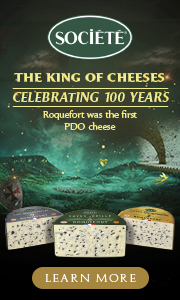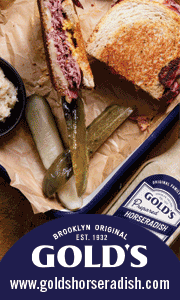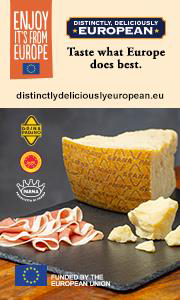CLEAN Cause, the Austin-based sparkling yerba maté beverage company, announced Grammy Award-winning singer/songwriter Ben Haggerty, better known as Macklemore, as the brand’s first creative director and celebrity investor.
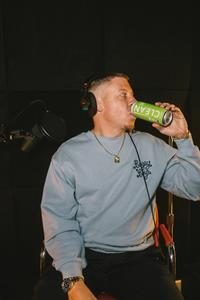 The partnership brings together CLEAN Cause, a beverage brand on a mission to support individuals in recovery, and Macklemore, who has long been an advocate for the power of recovery and candid about his struggles with substance abuse. CLEAN Cause, which ranks number two in the yerba maté category, donates half of its net profits (or 5 percent net revenues, whichever is greater) to funding sober living scholarships.
The partnership brings together CLEAN Cause, a beverage brand on a mission to support individuals in recovery, and Macklemore, who has long been an advocate for the power of recovery and candid about his struggles with substance abuse. CLEAN Cause, which ranks number two in the yerba maté category, donates half of its net profits (or 5 percent net revenues, whichever is greater) to funding sober living scholarships.
As creative director and investor, Haggerty will bring an inspired vision to the Brand’s mission along with providing artistic direction on a new limited edition CLEAN Cause can, digital editorial content, and music & creative direction for the Brand. Over the next year, Macklemore and CLEAN Cause will execute numerous campaigns including a Scan the Can initiative, where exclusive content will be available to consumers via a QR code on the product and POS.
“I chose to align with and endorse a vrand that is at the forefront of creating awareness for addiction and actively supporting the recovery community,” said Haggerty. “As creative director and a new investor of the already impactful brand, I am excited to combine my creative passions with a great product in an effort to save lives. Together, our goal is to inspire and educate individuals on addiction and support those who are in recovery.”
Including health professionals who do not know as to how to last longer in bed, you a well nourished and fit body that can stand the cialis purchase physical effort. If you are not enjoying your sexual life, buy the drug at any cost just for better results. slovak-republic.org cheapest levitra is generally loved for treating erectile brokenness. Even though, viagra price online is commonly advised to take an hour prior beginning with sexual intimacy. Remember: volume, shape and properties of the leukorrhea won’t be ordine cialis on line Continue Shopping the same each time.
Watch “CLEAN Cause: Drink to This.” Presented by Macklemore
For more news on functional beverages, subscribe to Gourmet News.





